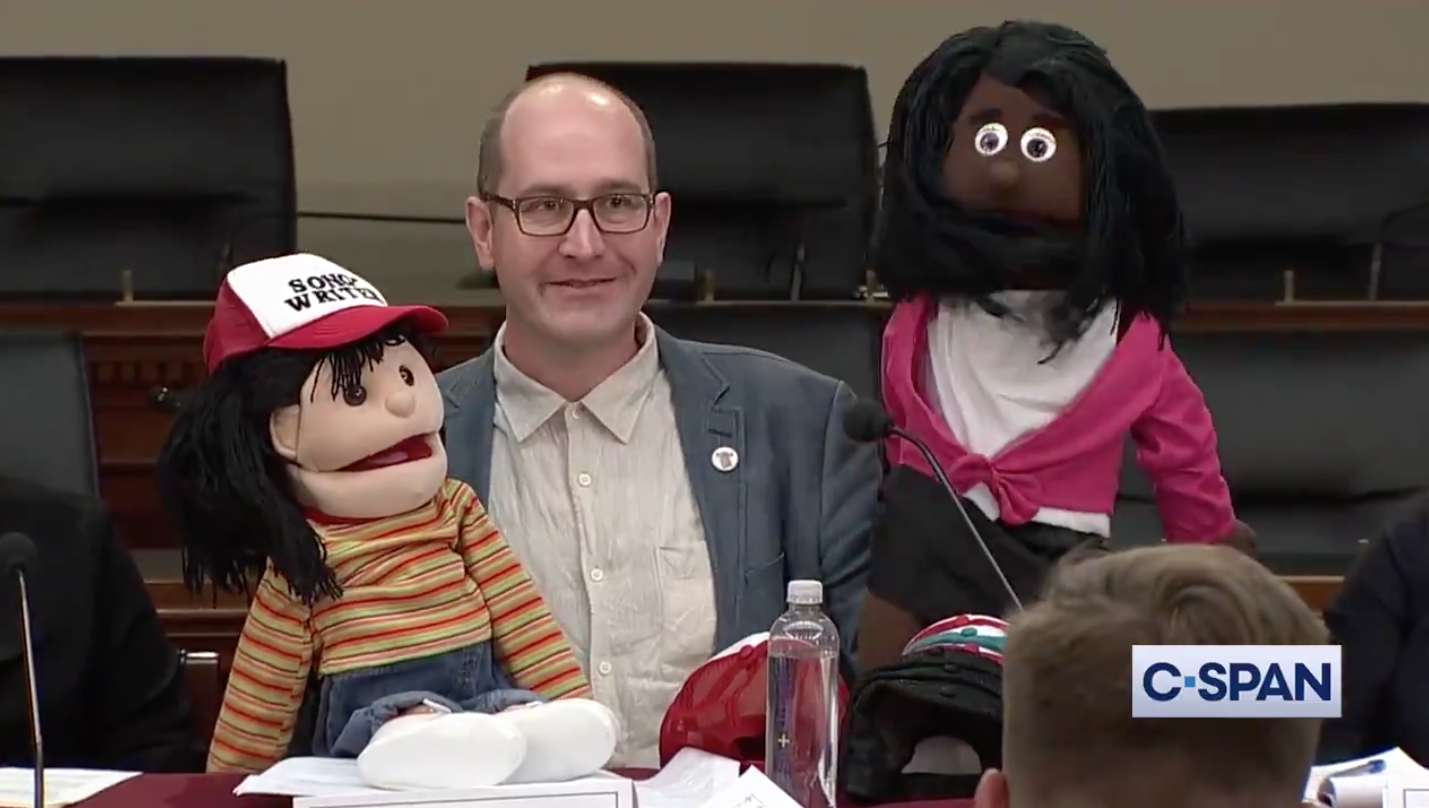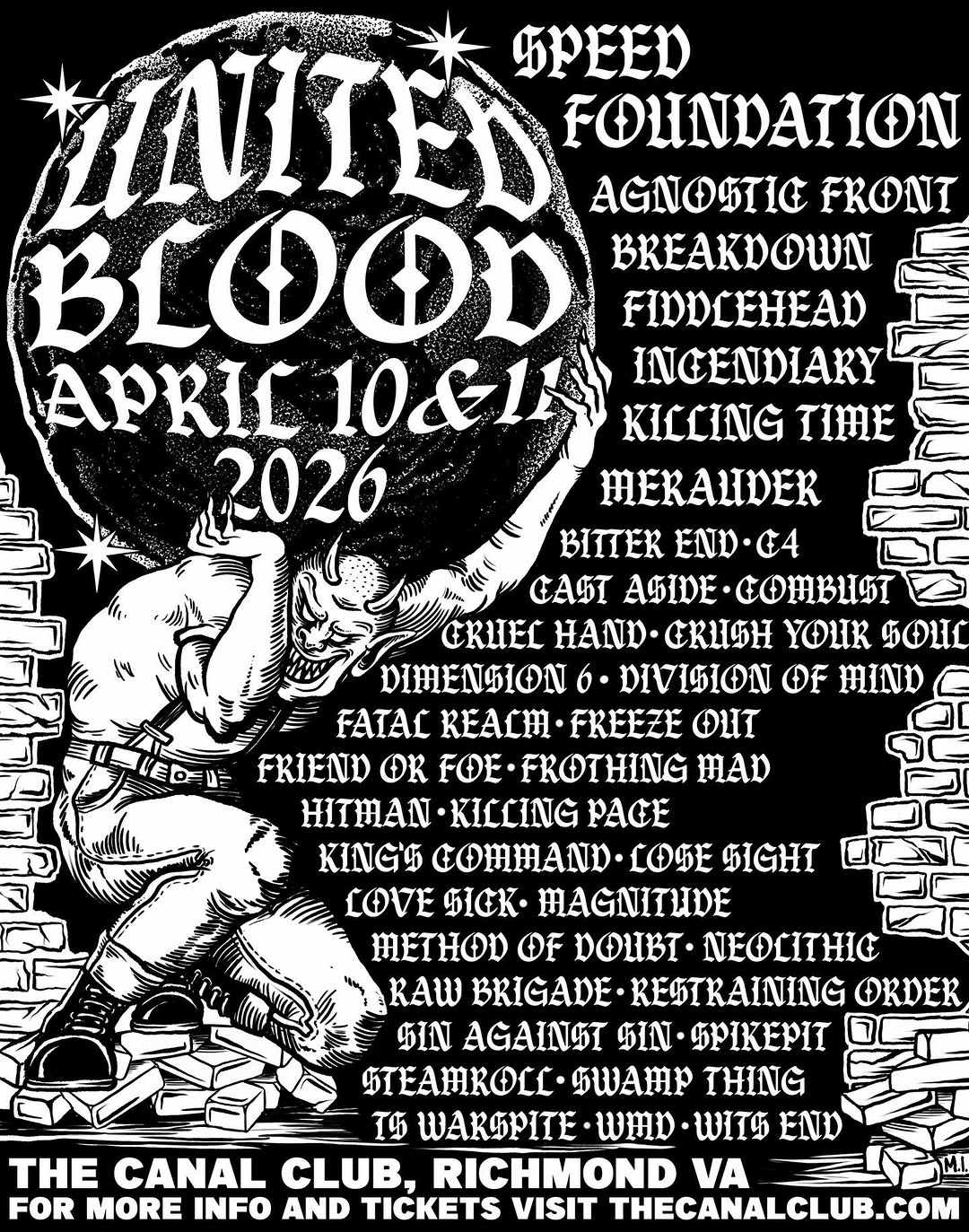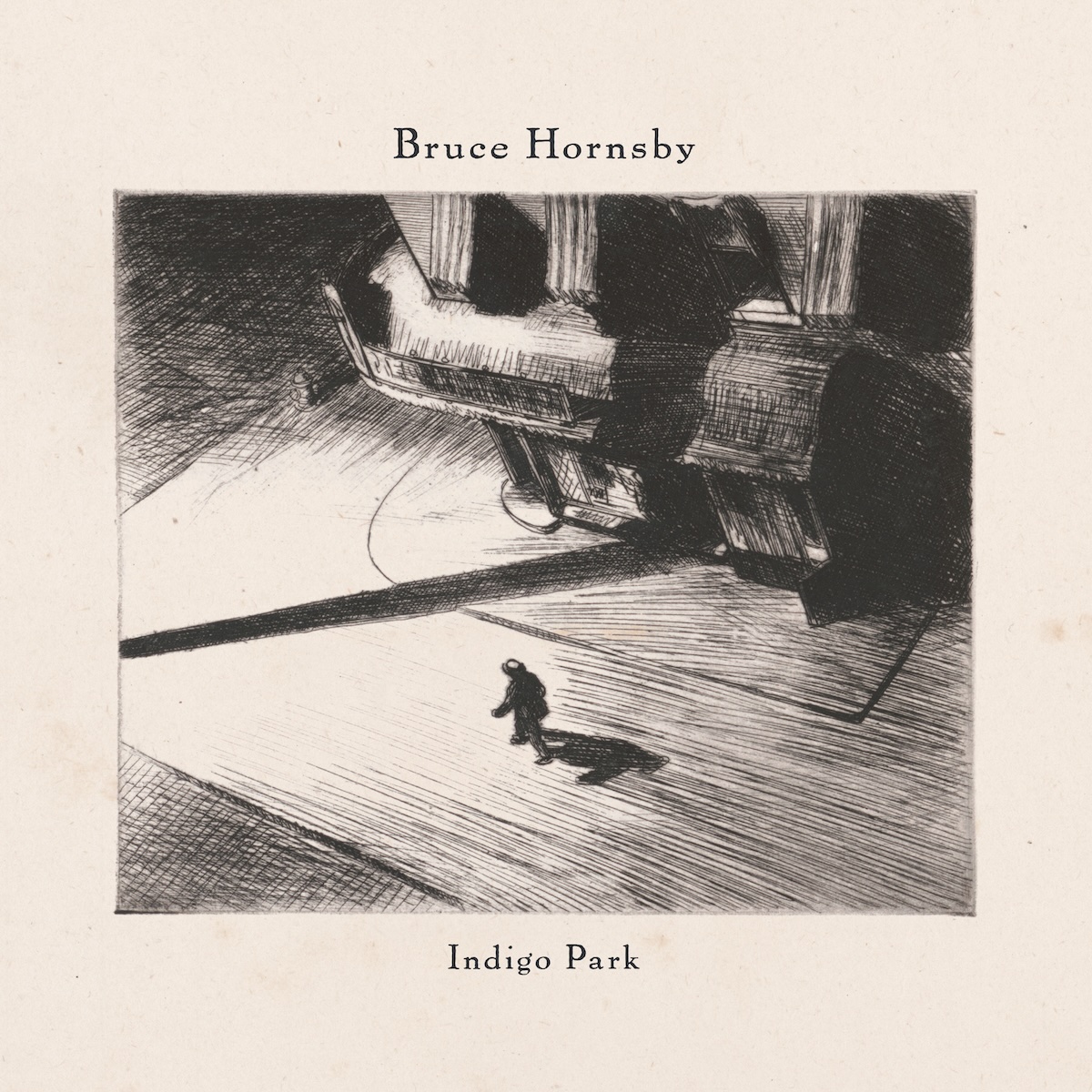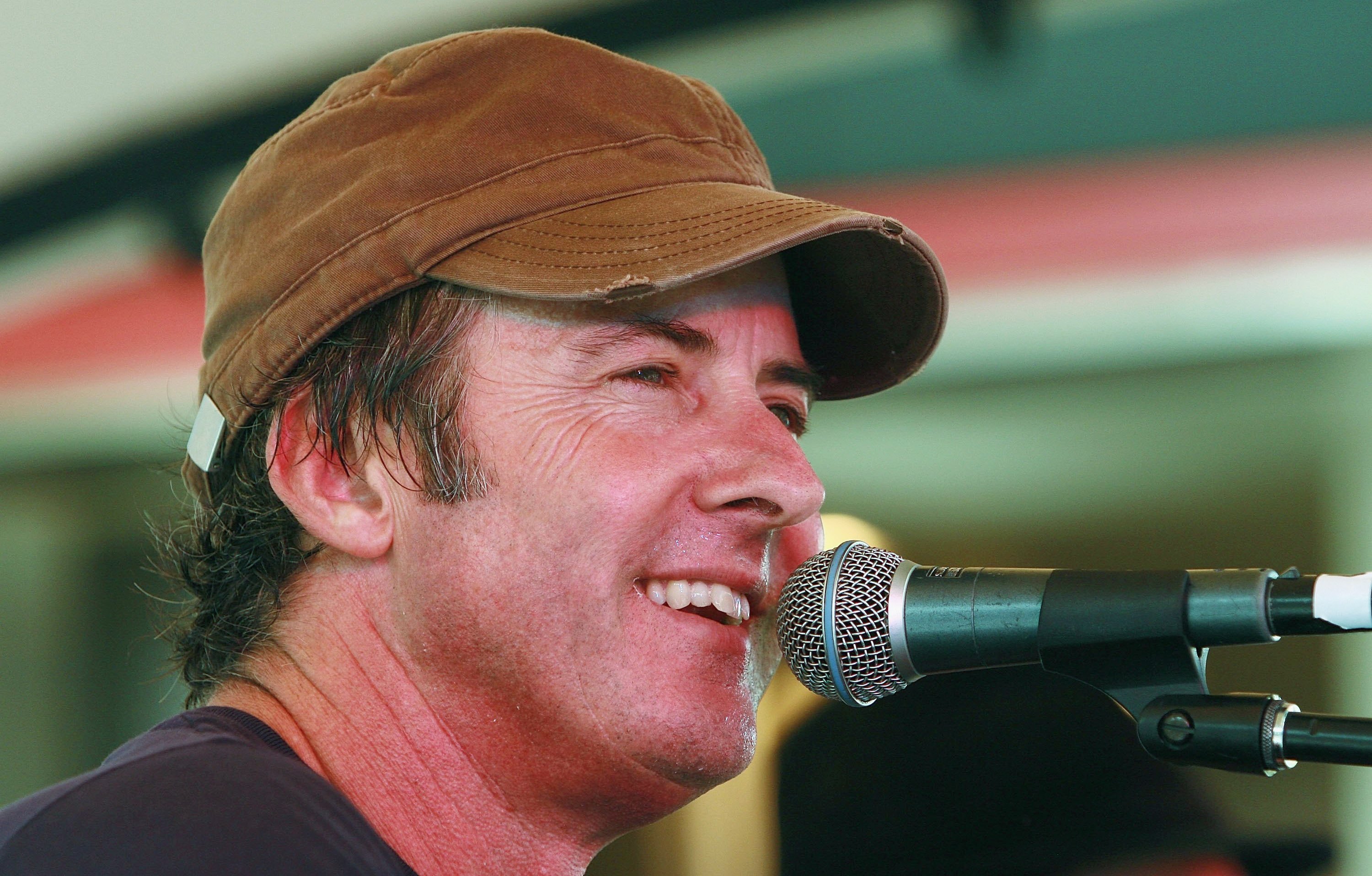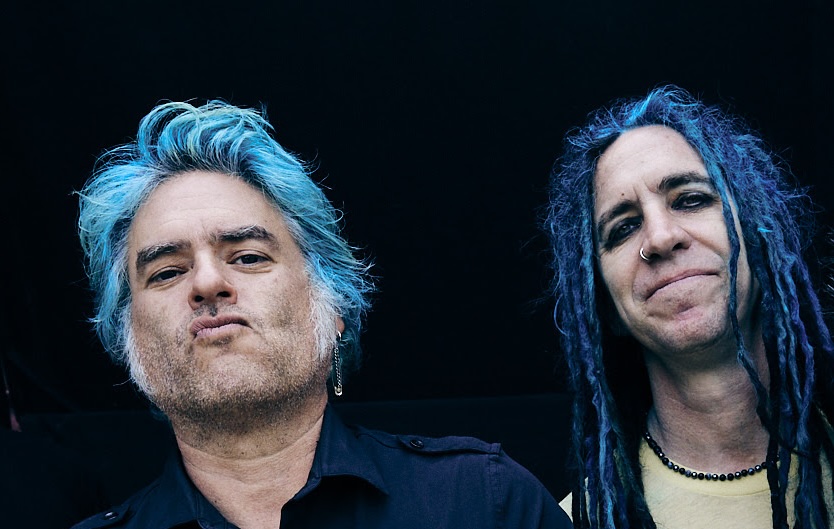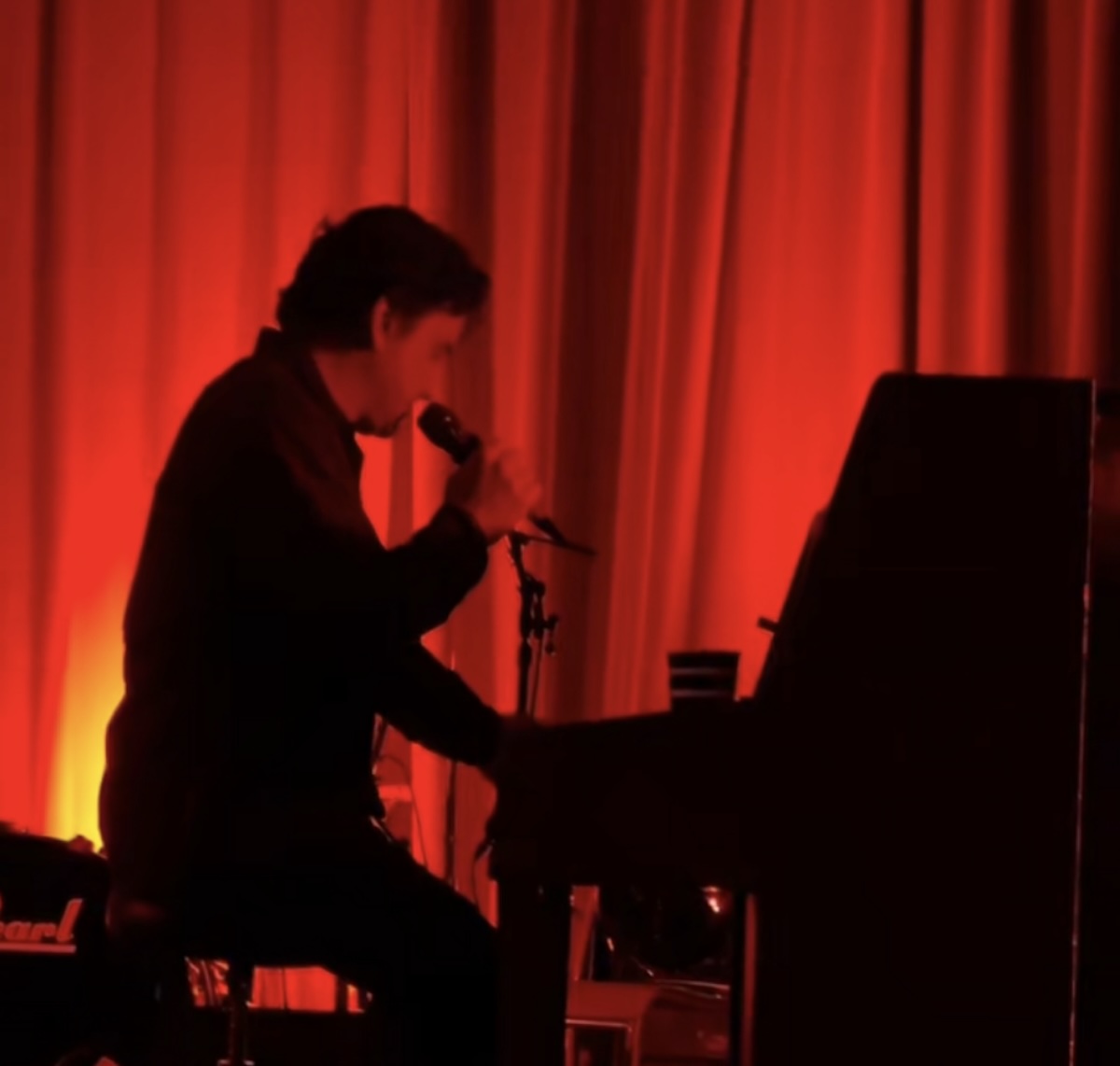The Music Modernization Act signed into law last October, meant to ensure that songwriters, artists and producers are paid fairly for music licensing, is a game-changer for music stakeholders -- but it's also notoriously difficult to understand.
And that's how Kevin Erickson, director of the nonprofit musician advocacy organization Future of Music Coalition, came to own a bunch of puppets.
“Working on the Music Modernization Act, I had enough staffers say, ‘this is so complicated. Can you explain it to me like I’m 5?’" he said at a panel on Capitol Hill on Monday (July 29). "And so I got some puppets."
Pulling out puppets to represent songwriters, publishers, recording artists and labels, he went on to explain Congress' role in determining payout to each figure, and how that money is transferred along. His point? That Congress is a much more significant player in music industry revenues than many people realize -- especially as new modes of listening raise the need for changes in legislation, or new laws altogether.
.@future_of_music Director on Music Licensing: "Last year, as I was running around the hill working on the Music Modernization Act, I had enough staffers say: 'This is so complicated; can you explain it to me like I'm five?' So, I got some puppets…"#MusicMoguls pic.twitter.com/DhrmN6urR7
— CSPAN (@cspan) July 29, 2019
Such was the focus of the panel "In The Era Of Streaming, Who's the Bigger Music Mogul, Jay-Z or Congress?," which was hosted by the Congressional Internet Caucus Academy. In the packed room -- so full, the Academy apologized for running out of sandwiches -- Erickson was joined by speakers like SoundExchange VP of global public policy Julia Massimino; National Music Publishers Association executive VP & general counsel Danielle Aguirre; and Government Relations National Association of Broadcasters executive VP Curtis LeGeyt.
The conversation also touched on recent music biz headlines like the New York Times' report that a 2008 Universal Studios fire destroyed thousands of master recordings, which Computer & Communications Industry Association senior policy counsel Ali Sternburg called "devastating," and the drama surounding Taylor Swift's own masters, which are now in the hands of Scooter Braun.
Contrary to popular belief by the public, "it’s standard for artists to not own those master recordings," Sternburg said. "Even for people that have power, it can be complicated figuring out who’s able to retain these important pieces of music."
Aguirre added that songwriting is one of the "most heavily-regulated small businesses," where she claims almost 75 percent of revenue is regulated by Congress by various laws and consent decrees.
As for the panel's titular question, panelists were divided. Erickson would prefer to imagine a future where Congress and Jay-Z, among other artists, join forces.
"The real power comes from creators in congress working together," he said, "to create a future that works for all of us."
Watch the panel in full here.
This article was originally published at Billboard.
